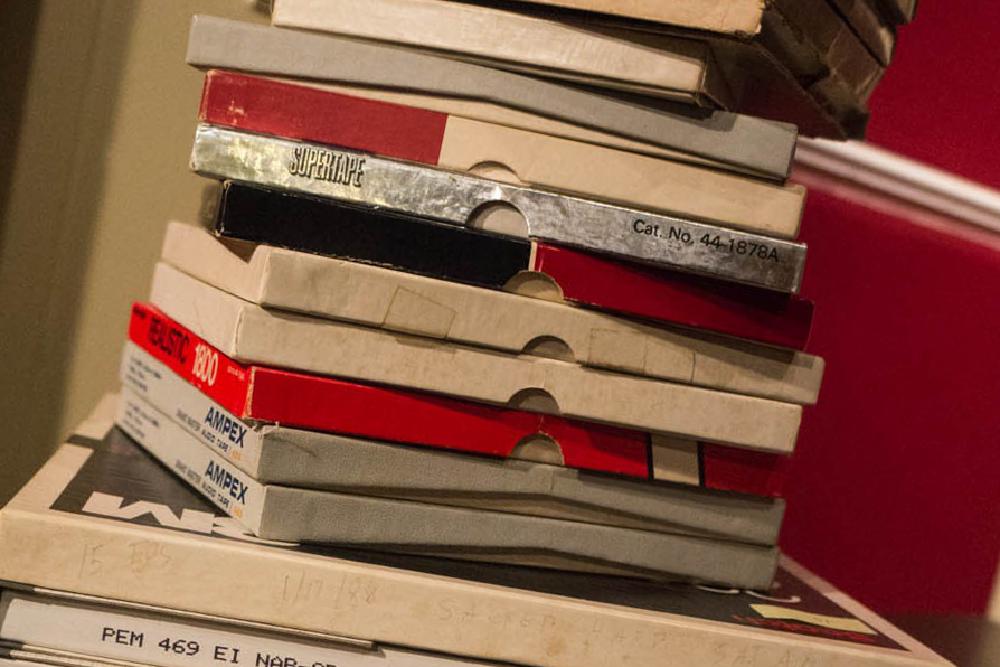Amateur Recording Identifier

The digitized minutes also make it possible to associate dozens of previously inaccessible private collections of home-made Sacred Harp singing recordings with time and place by documenting a sequence of songs in a given recording and algorithmically matching the sequence to minutes data. Numerous Sacred Harp singers from Georgia, Alabama, Mississippi, Florida, and Texas have collections of recordings they or their singing friends and relatives made at Sacred Harp singings since the 1950s on transcription discs, open-reel tapes, audiocassette tapes, or in born-digital formats. Few of these recordings have been digitized and many lack identifying information. The Sacred Harp Museum of SHPC and Pitts Theology Library at Emory University have partnered with Osiris Studio in Los Angeles to offer at-cost digitization and archiving of these recordings with the goal of preserving Sacred Harp recordings and increasing the breadth and accessibility of a corpus of known Sacred Harp recordings for additional research.
Even a sequence of a modest subset of songs sung at a given singing comprises a unique fingerprint of the event. The project uses a custom=designed algorithm to match these sequences of songs identified in the recordings with information from the Sacred Harp Minutes database to determine likely matches for these unidentified recordings. In the future, the team hopes to use identified singings as training data to develop a computational listening program to automatically identify sequences of songs in recordings to identify singing recordings without a need for manually documenting the content of the recordings.
Project team
- Mark T. Godfrey, lead developer
- Jesse P. Karlsberg, lead researcher
- Michael Graves, audio digitization specialist
- Nathan Rees, outreach coordinator
- Jonathon M. Smith, outreach coordinator